Our Blog
When Do Babies Start Walking? What to Expect

But when exactly can parents expect babies to start walking, and what should they be aware of during this exciting time?
Throughout this blog, we will explore the journey of when babies start walking and what to expect along the way. For more information, read on.
The Milestones of Babies Aged 0-18 Months
Walking is a skill that involves coordination, balance, and strength. While each baby is unique and may reach this milestone at their own pace, there are general guidelines to keep in mind with these walking stages:
0 to 6 Months
During this period, babies typically master basic motor skills, such as grasping objects and rolling over. While they may start bearing weight on their legs when held upright, they are still yet to start walking.
6 to 9 Months
At this age, many babies begin to show signs of enthusiasm for walking during this stage. They might pull themselves up to stand while holding onto furniture or caregivers for support. Some may even take a few uncertain steps while holding onto objects for balance.
9 to 12 Months
This is a common age for many babies to start taking their first steps. Babies may start taking independent steps unsteadily, often relying on adults for support.
They may also experiment with different walking styles, such as cruising along furniture or walking while holding onto someone's hand.
12 to 18 Months
By the end of their first year, most babies can walk independently with some clumsiness. During this period, they gradually gain confidence and stability in their steps, improving their walking skills with each passing day.
Factors Influencing Walking Development
Many factors can influence when a baby starts walking and how quickly they progress, such as muscle strength. Strong muscles, particularly in the legs and core, are essential for supporting a baby's body weight and maintaining balance while walking.
Walking also requires coordination between various muscle groups, as well as sensory input from the eyes and ears.
Some babies are more cautious and may take longer to gain the confidence to walk independently, while others are adventurous and dive into walking earlier.
Babies with ample opportunities to practice standing and walking in a safe environment are likely to progress more quickly than those without.
Signs Your Baby is Ready to Start Walking
Before babies take their first steps, they often display certain signs, showing that they're ready for this milestone. When babies start pulling themselves up to stand using furniture or other objects, it indicates that their leg muscles are gaining strength and coordination.
Cruising refers to the act of walking while holding onto furniture or other supports for balance. Babies may cruise along sofas, coffee tables, or even walls as they prepare to take independent steps.
Brief moments of standing without support, even if it's just for a few seconds, demonstrate that a baby is building the balance and confidence necessary for walking.
Babies who enjoy bearing weight on their legs when held upright are likely to transition to walking sooner than those who resist standing.
How Can You Support Your Baby During This Milestone?
While the urge to help your baby walk may be strong, it's essential to allow them to progress at their own pace and provide support in a way that encourages independence.
Clear obstacles and create a safe space for your baby to explore and practice walking without the risk of falls or injuries.
Moreover, tummy time helps strengthen the muscles needed for crawling, pulling up, and eventually walking. Aim for short, supervised tummy time sessions throughout the day.
Toys that encourage standing, pushing, and pulling can help your baby build strength and coordination in preparation for walking.
Be patient and supportive. It's normal for babies to stumble and fall as they learn to walk, so offer reassurance and comfort when they experience setbacks.
Offer your baby plenty of practice opportunities. Encourage walking by holding out your hands or using furniture for support. Gentle encouragement and praise can go a long way in boosting their confidence.
Finally, celebrate each milestone, whether pulling up to stand or taking those first wobbly steps. Positive support encourages your baby to continue exploring and developing new skills.
When to Seek Professional Advice
While most babies follow a relatively predictable timeline for walking, there are instances where developmental delays may occur. Consider consulting a healthcare professional if:
- Your baby shows no interest in standing or bearing weight on their legs by 12 months.
- They consistently favour one side of their body or have difficulty standing upright.
- There's a noticeable asymmetry in their leg movements or muscle tone.
- Your baby isn't walking independently by 18 months or shows other signs of delayed motor development.
It is an exciting time when babies start walking, for both parents and infants alike. While the timeline for this milestone may vary from one baby to another, it's essential to provide plenty of support, encouragement, and opportunities for practice along the way.
By understanding the signs of readiness for walking and creating a safe and supportive environment, parents can help their little ones take those first steps towards independence with confidence and joy.
Once children start to walk, they may want to walk for long periods of time, which is where they can become tired. This is where strollers come in. Strollers are a great way to make travelling with children easier and allow young ones to rest after a long walk.

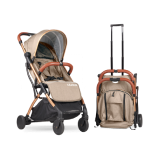
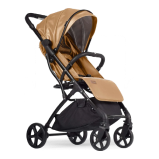
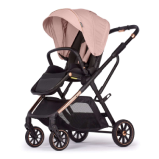
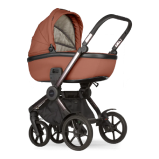
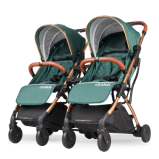

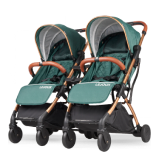
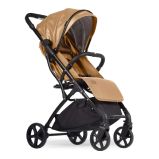
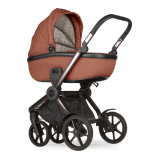
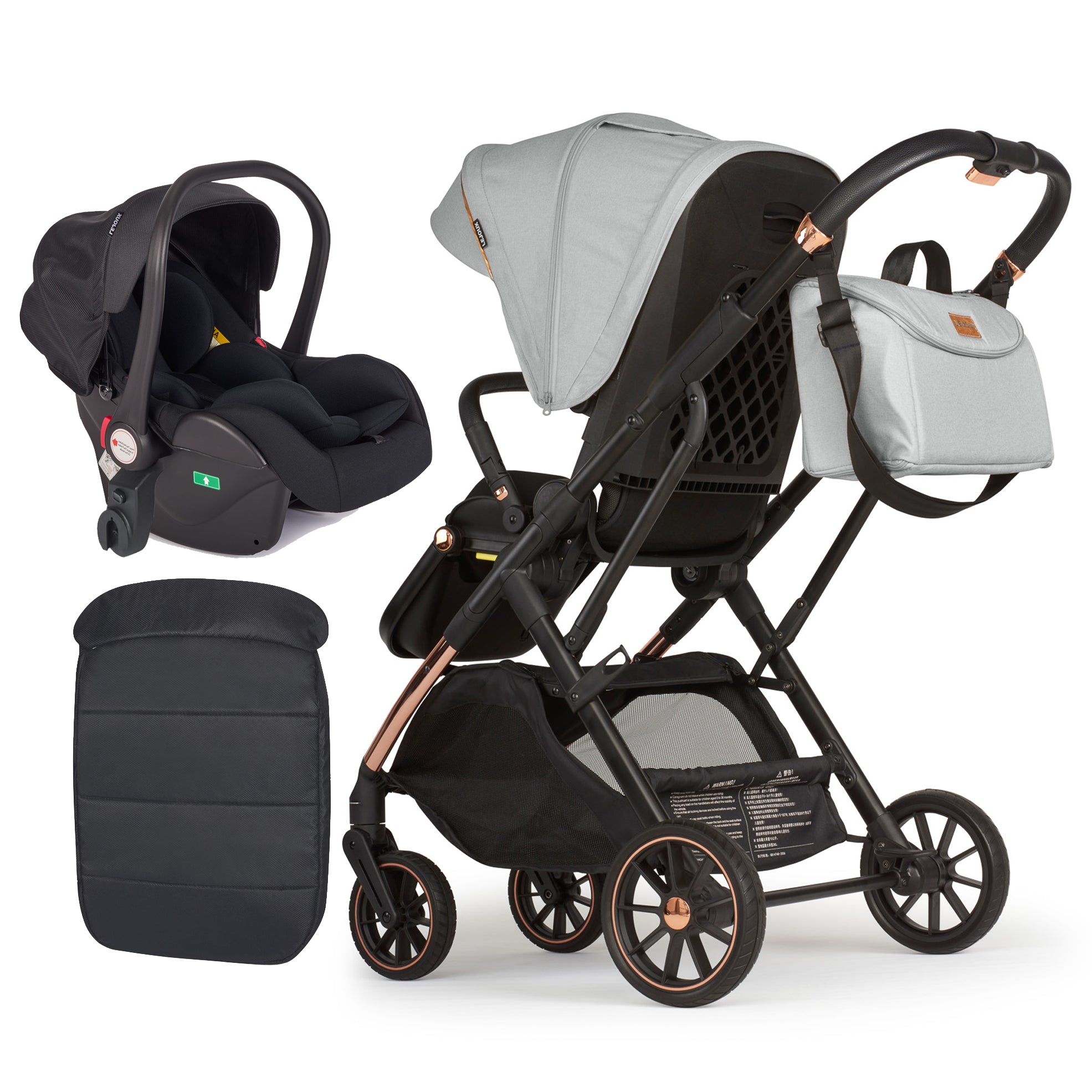

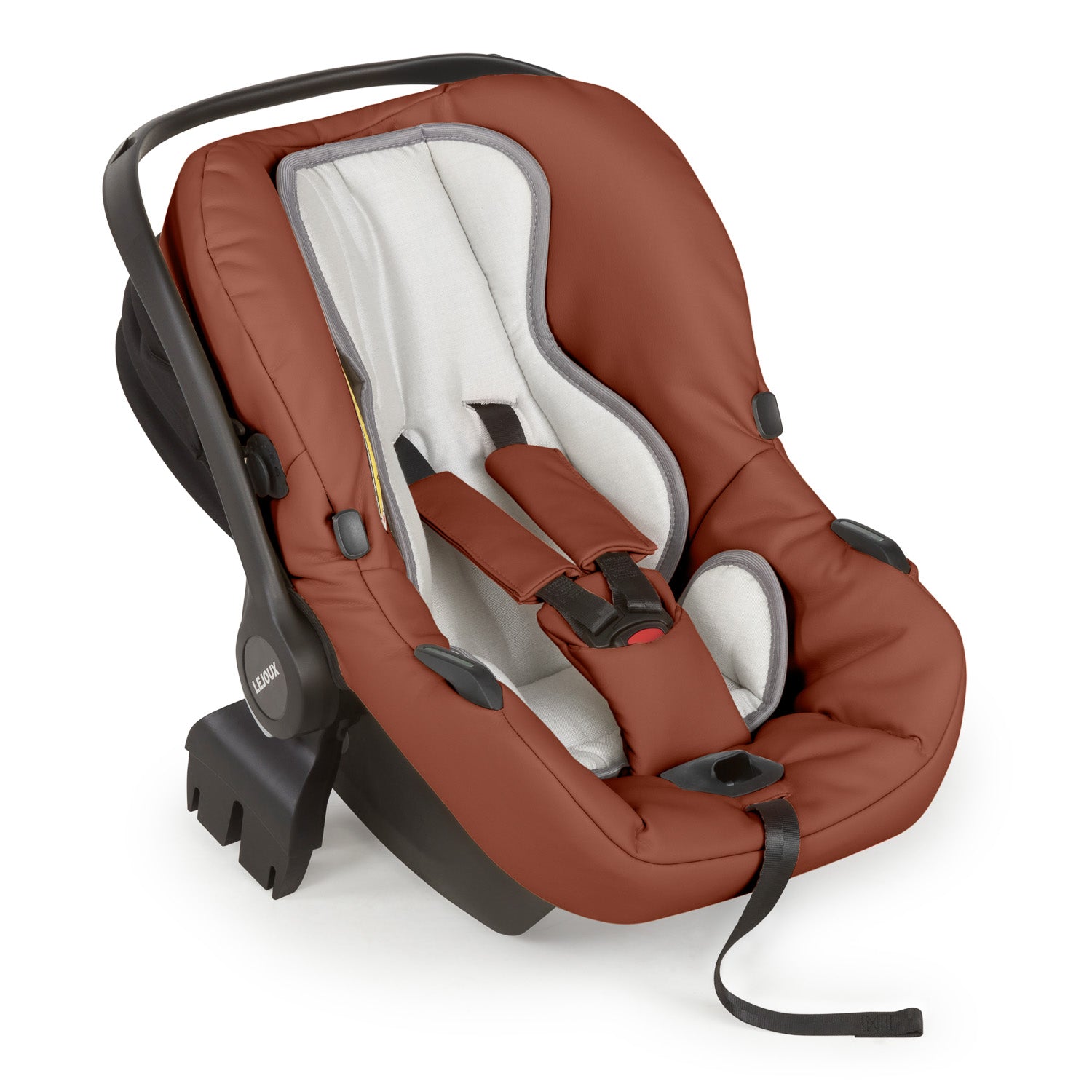
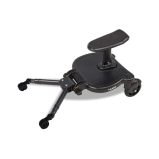
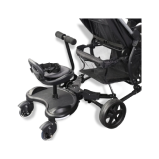
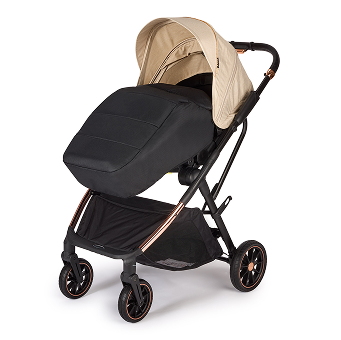
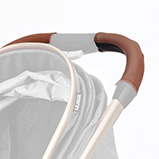
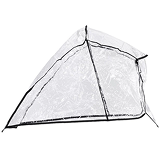
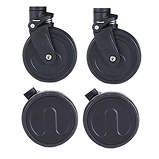
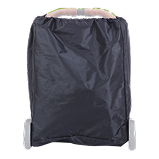
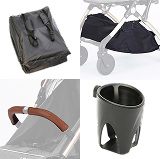
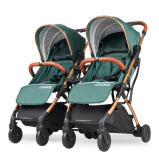
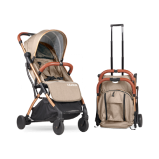
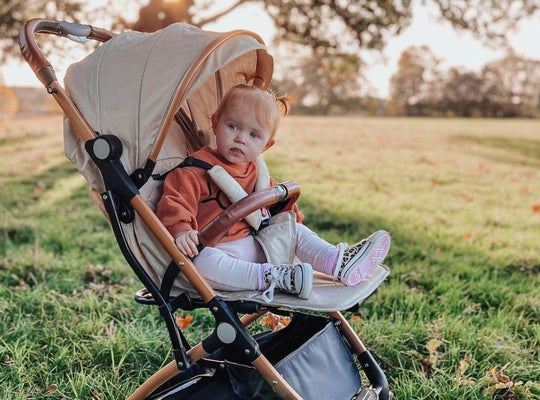
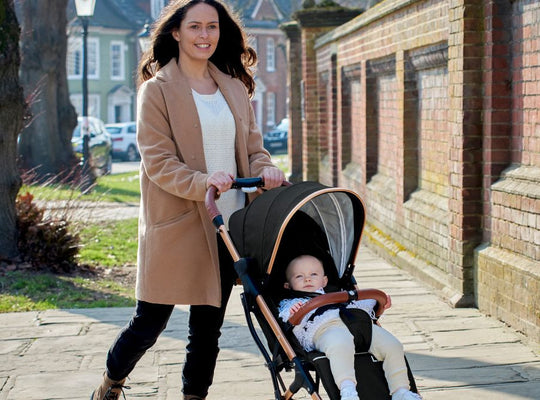
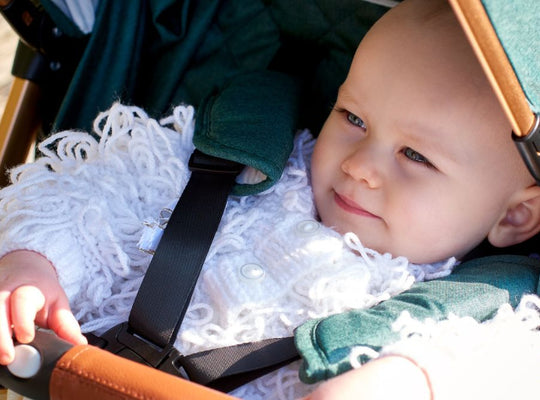
LEAVE A COMMENT